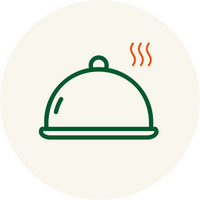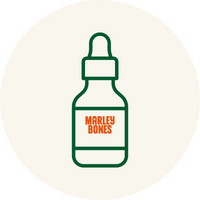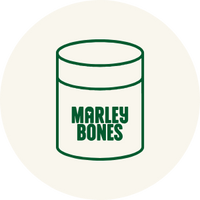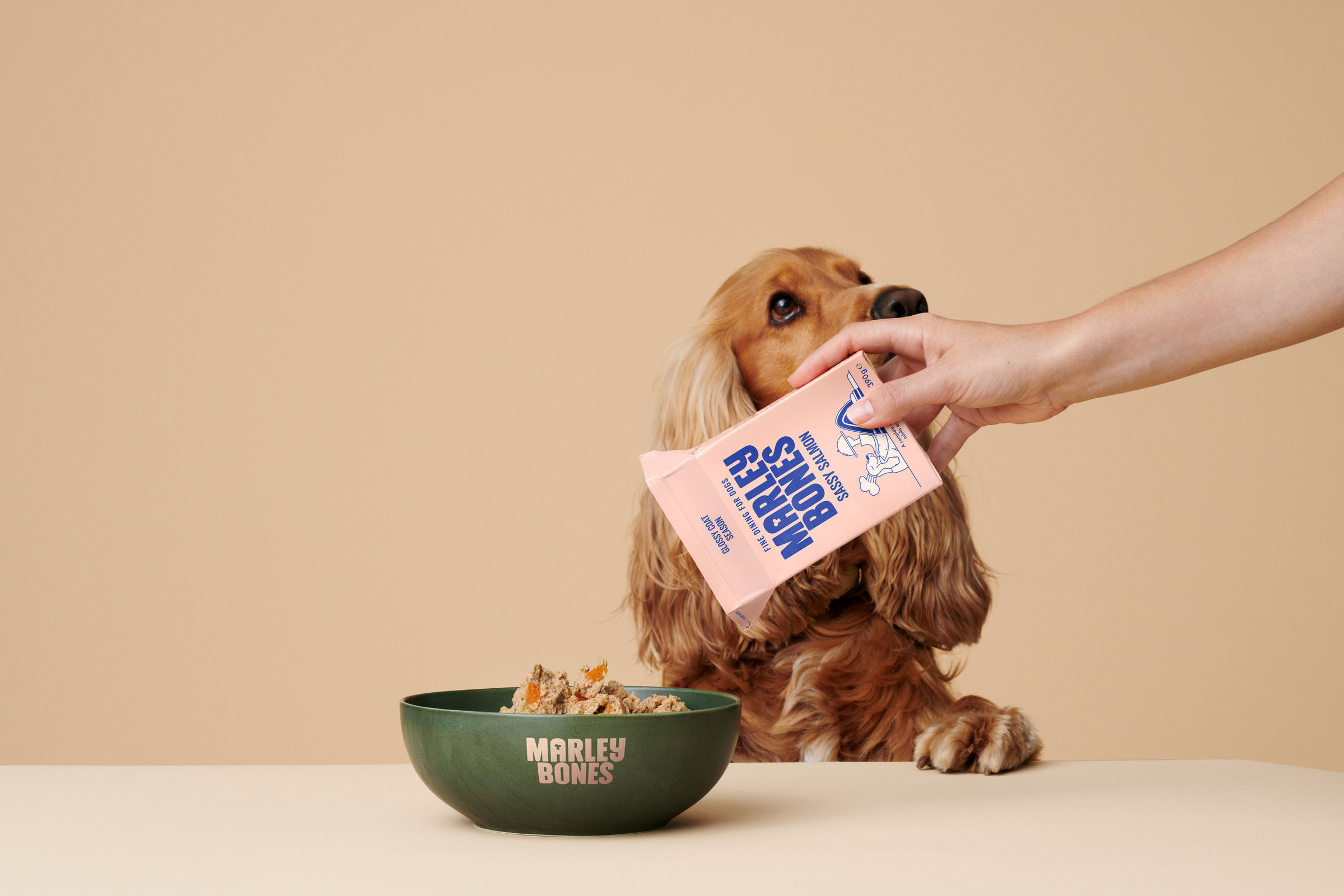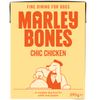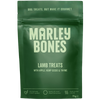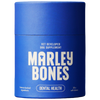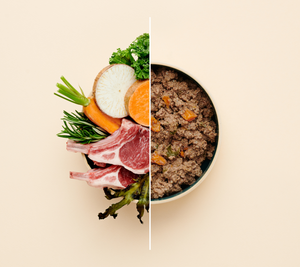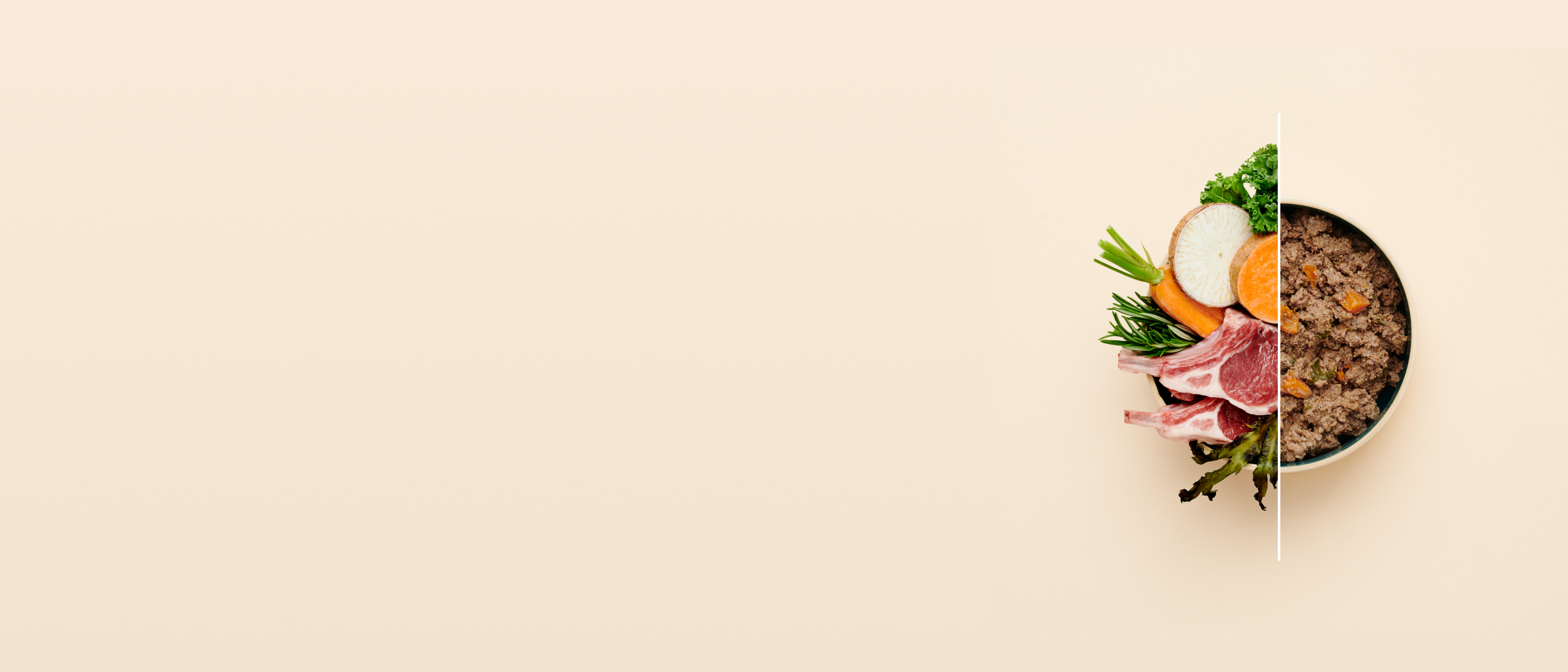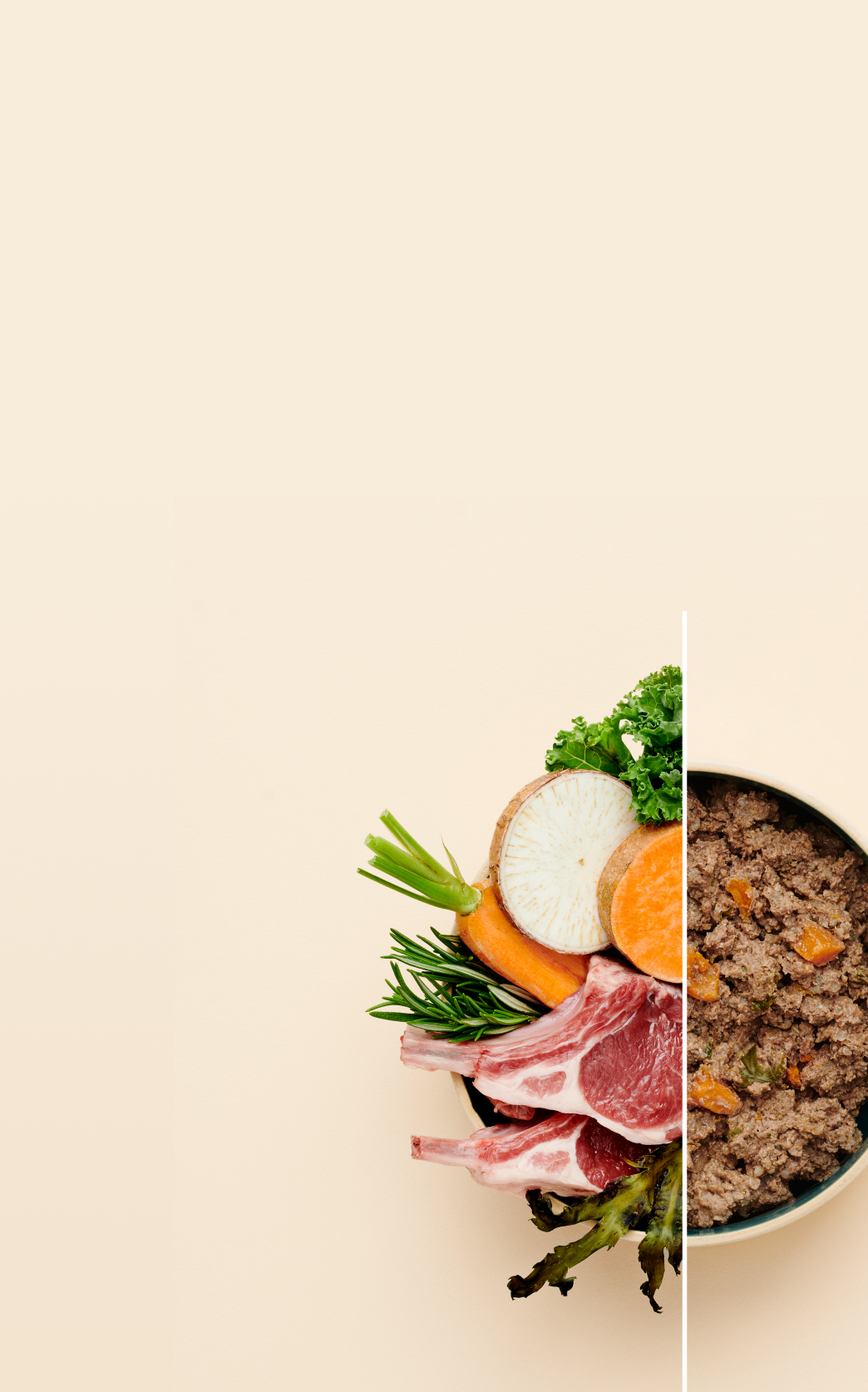Puppy Survival Guide 3–4 Months: Essential Tips for Navigating Adolescence
Navigating the world of puppy care during the 3–4 month stage is both joyful and demanding. This phase is crucial in your pup’s development, marked by rapid physical growth, learning, and bonding. Getting things right at this age lays the foundation for a healthy, well-adjusted adult dog - and it makes life easier for you, too.
At this stage, your home environment, nutrition choices, training efforts, and vet visits all play vital roles. It’s also a time when your puppy begins to show more of their personality, so building good habits now helps shape their behaviour for the long term.
Creating the Ideal Home Environment for Your Puppy
Preparing your home before your puppy arrives (or as soon as possible afterwards) is essential. Puppies are naturally curious and often fearless - sometimes to their own detriment - so a safe, structured space will keep them protected and relaxed.
Make sure your home is puppy-proof:
- Block access to unsafe rooms or staircases with baby gates.
- Remove loose wires, small chewable items, or anything toxic like cleaning products or certain houseplants.
- Create a secure area for sleeping with a cosy, washable bed and a crate (which doubles as a den and a training tool).
- Provide safe chew toys to ease teething discomfort and prevent destruction of furniture or shoes. It’s also a good time to start getting them used to being handled gently for grooming, tooth brushing, and nail checks.

Health Checks and Nutrition That Supports Growth
Puppies grow rapidly at this stage, so they need frequent meals made up of high-quality, complete nutrition to support bone development, digestion and immunity. A diet, which is balanced, gently cooked, and packed with superfoods, can make all the difference.
Puppies at this age typically eat 3–4 times a day. Make sure fresh water is always available, and keep mealtimes consistent to support routine-building and digestion.
You'll also need to stay on top of their vaccination schedule, including core boosters for distemper, parvovirus, and hepatitis. Most pups will also need deworming every few weeks until about six months old - speak to your vet for guidance.
Marley’s Must Know: Most dry kibble and low-meat wet foods are bulked out with fillers. During this key growth stage, your pup needs real, fresh ingredients - not empty calories. Marleybones’ vet-approved, gently steamed meals are a perfect fit: no freezing needed, no nasties included.

Training: Setting the Groundwork for a Happy, Well-Behaved Dog
At three to four months old, your puppy is highly receptive to learning. This is the perfect time to introduce:
- House training: Take your pup out first thing in the morning, after meals, after naps, and just before bed. Use a consistent phrase like “go potty” and reward success immediately.
- Basic commands: Teach sit, come, stay, and down. Use gentle, consistent encouragement and nutritious treats.
- Crate training: Introduce the crate as a calm, safe space. Feed meals in the crate and gradually build up how long they spend in it.
- Biting and chewing: Replace unwanted chewing with safe toys. Say “no” calmly and offer an appropriate alternative.
- Socialisation: Safely expose your puppy to new sounds, people, and friendly dogs. This helps reduce anxiety and builds confidence later in life.
Avoid long training sessions - pups tire quickly. Instead, keep things short, fun, and always end on a positive note!
Understanding Your Puppy's Behaviour At This Age
By now, you’ll start noticing distinct personality traits - whether your puppy is bold and boisterous, or shy and sensitive. All behaviour is shaped by their early experiences, so continue reinforcing calmness, patience and curiosity.
Look out for signs of fear periods too, which are normal in young dogs. During these short phases, your puppy may become more cautious or reactive. Don’t panic - just avoid pushing them too far and reward calm reactions to new situations.
Routine is your best friend: regular wake-up, meal, walk, and sleep times give your pup a sense of stability, which helps reduce anxiety and naughtiness.

Protecting Their Safety Indoors and Outdoors
Your puppy doesn’t know the difference between safe and dangerous - so it’s your job to manage their environment.
Inside the house:
- Secure household items they could chew or swallow.
- Supervise all interactions with children or other pets.
Outside the house:
- Always use a harness and lead.
- Keep them off grass frequented by unknown dogs until fully vaccinated.
- Avoid high-impact play (like jumping off furniture) to protect developing joints.
As your puppy gets bolder, remember that consistency and boundaries help them feel secure. Praise the behaviours you want to see more of and calmly correct those you don’t.
The Final Woof
At 3–4 months, your puppy is soaking up information like a sponge. This is the time to build strong foundations through routine, good nutrition, safe exploration, and positive training. Get it right now, and you’re setting your pup up for a life of good health and behaviour.
Feed their bodies with nourishing, balanced meals and feed their minds with kindness, play, and structure. You’ve got this!

